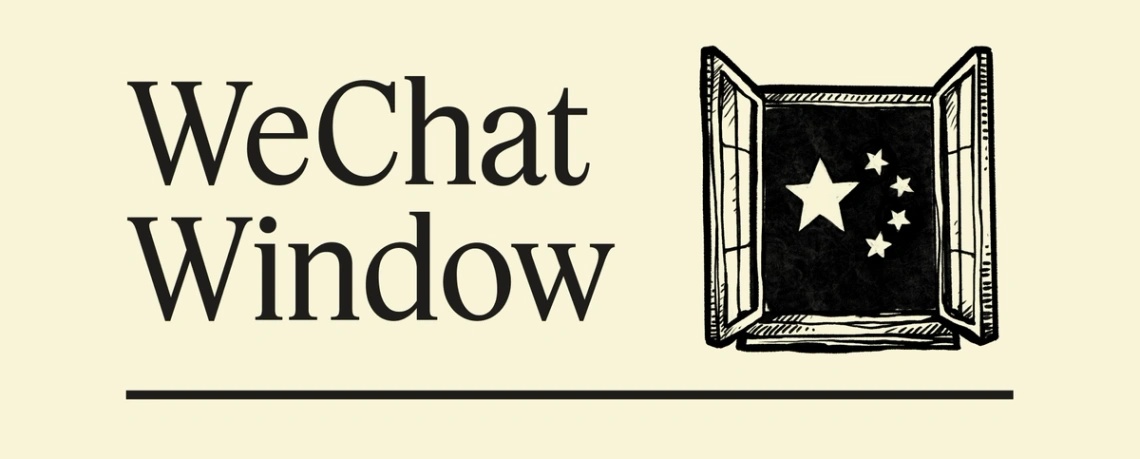 WeChat is the center of the Chinese internet — powering everything from messaging to payments — and the main portal where China’s news outlets and bloggers publish their work. The “poor man’s meal” While China’s weak economy hasn’t kept young people away from malls, they now often “go shopping…and leave without taking anything,” wrote the personal economics blog People of the Day. But one part of the mall is still thriving: the food court. As foreign chains like McDonalds get more expensive, young people in China are turning to cheaper, local fast-food restaurants with menus that can be hacked to create “poor man’s meals.” On platforms like Weibo and Douyin, creators discuss chains like Rice Village Bibimbap, where a child’s meal with a side of extra veggies costs less than $3 and comes with unlimited rice and seaweed soup. Another popular option is the burger and chicken chain Tustin’s, where loyalty members can get spicy drumsticks for less than $2 on Tuesdays. Trucking isn’t what it used to be China’s trucking industry boomed in the 1990s as the government began investing in massive infrastructure projects, and until the early 2010s, truckers in the country could easily make more than $6,000 per month, according to the anonymous tech and business blogger Nine Sides. But it was a dangerous job to drive through unpaved mountainous roads that were frequently targeted by thieves. China’s trucking golden days are now over: A decline in exports and real estate development means that there are less goods and materials to transport. As contractors, truckers are required to take out loans for their rigs and only make money when they find work. Nine Sides compared it to working for rideshare apps like DiDi, which they argued can still give “relatively high incomes to those who want to work hard.” From smartphones to cars Chinese smartphone giant Xiaomi unveiled its first electric sedan last year and has pledged to invest $10 billion in auto development over the next decade. While his company is late to the sector, Xiaomi CEO Lei Jun has a reputation for being a “gold medal salesman,” according to tech analytics blog Insightful New Research Institute, and he’s relying on many of the same marketing strategies that worked for Xiaomi’s smartphones to sell its cars. The company is flooding social media with ads about the sedan, which is still months away from reaching showrooms, and executives have welcomed comparisons to models from the luxury automaker Porsche. But not all social media users are impressed; some are calling the car cheap and glitzy. The Institute argued the problem is that smartphone marketing tactics don’t actually transfer very well to the auto sector. |